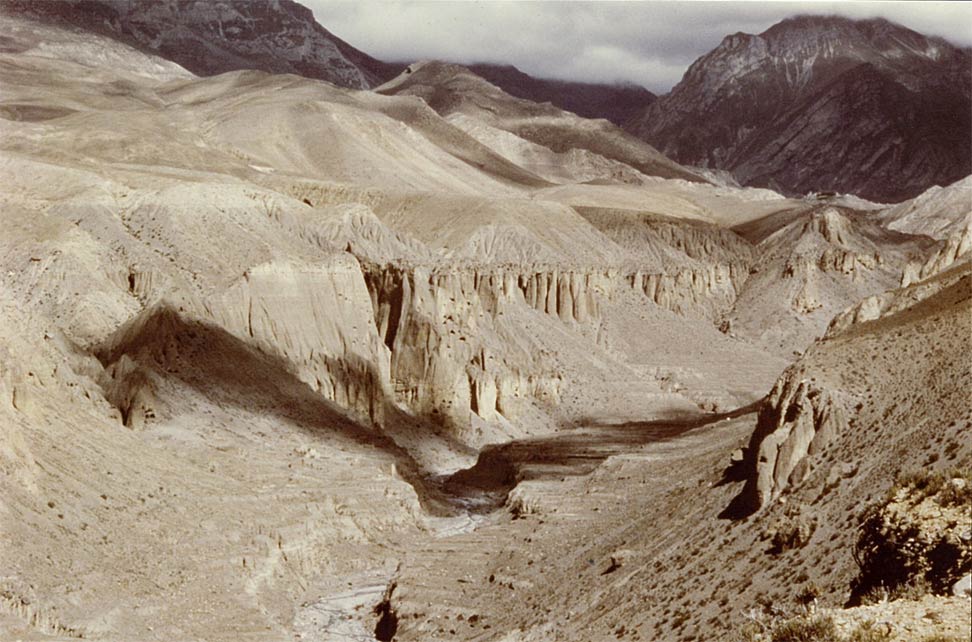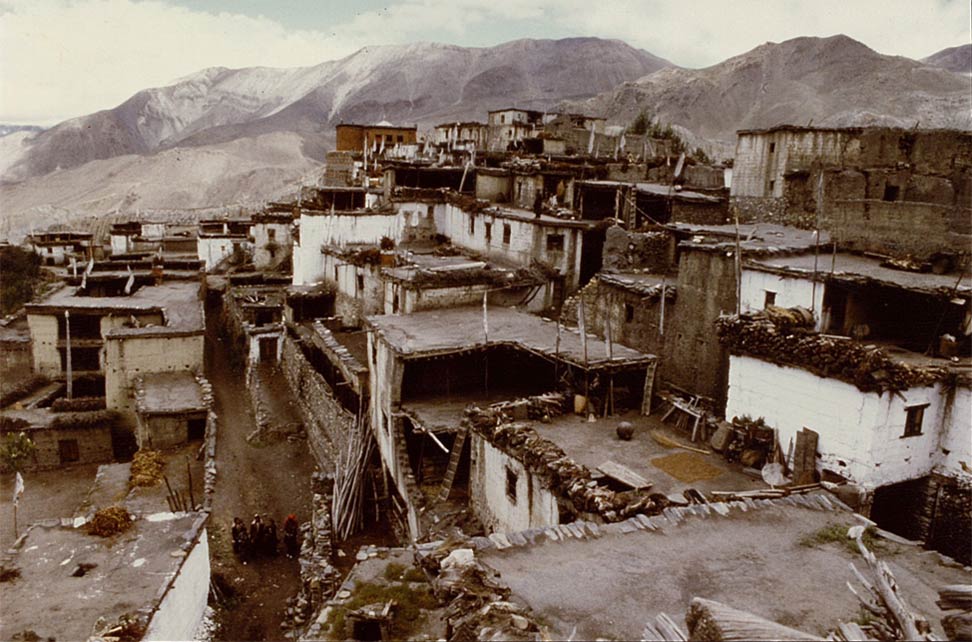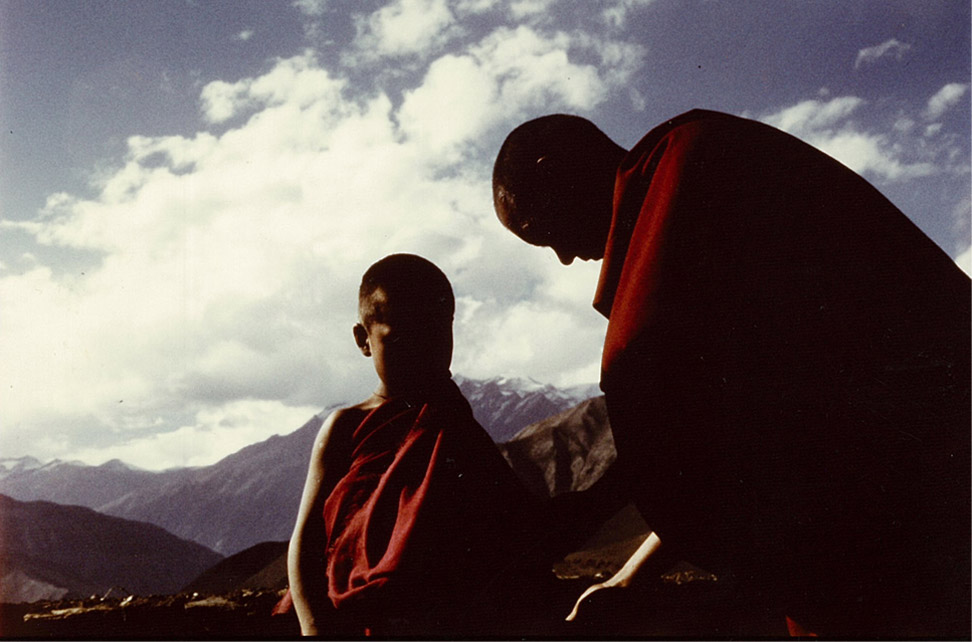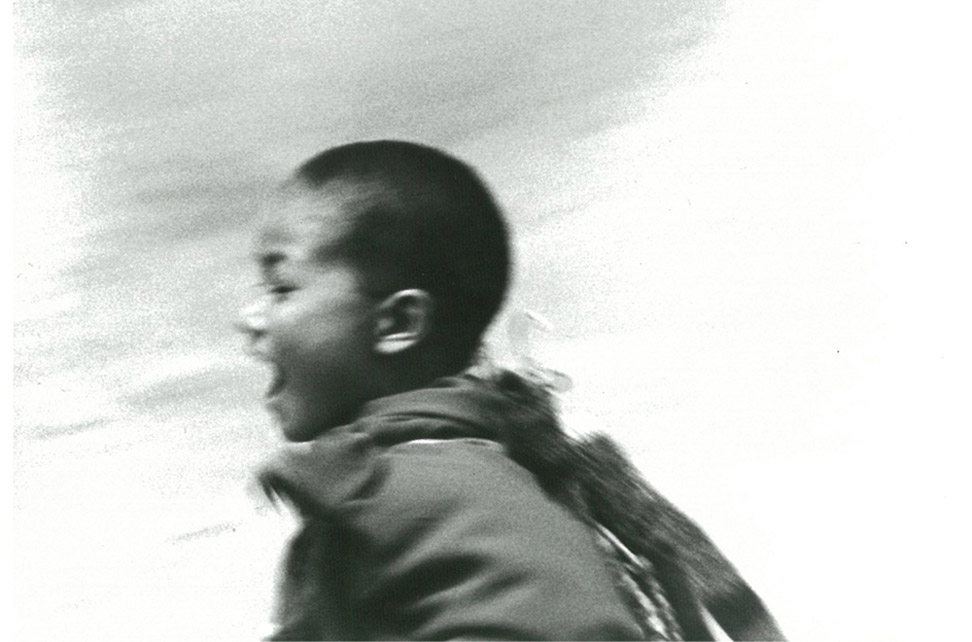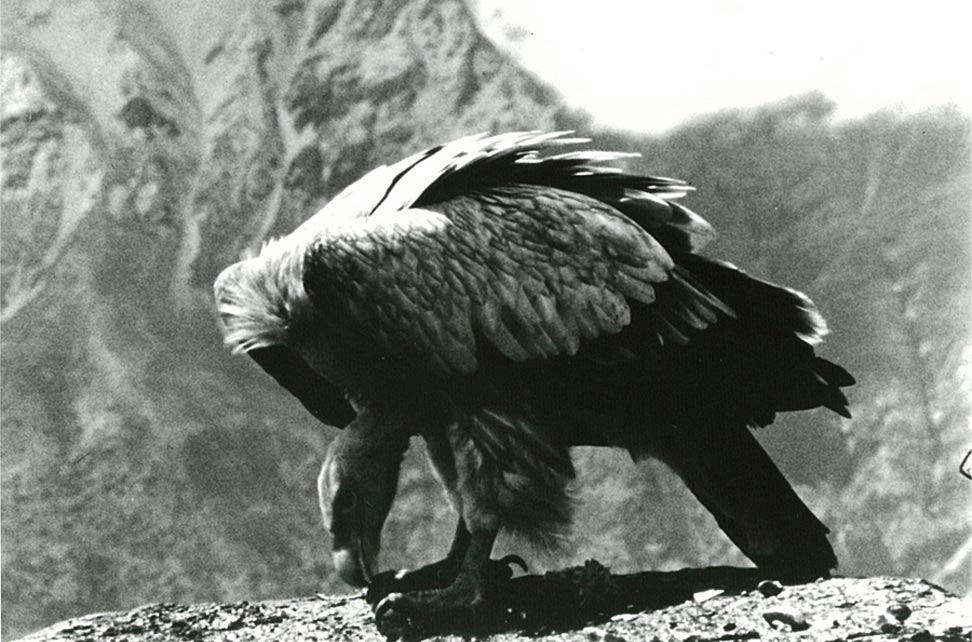Roots of Infinity "OM AH HUN"
Director: Ken'ichi OguriProducer: Shokei Harada
Photography: Masayuki Naito
Mixer: Juro Kubo
Music: Nohito, Raphael Mostel
Narrator: Bill Wolff
Production Company/source: Heian Cultural Center,
35 Minamigosho, Okazaki, Sakyo-ku, Kyoto, 606-8334 Japan
Tel: 075-771-6166
Directors System,
Arrow plaza #203, 4-19-8 Jingumae, Shibuya-ku, Tokyo, 150-0001 Japan
Tel: 03-3746-0395
35mm Color 85min. English and Tibetan Japan 1991
Roots of Infinity is a wonderfully shot, ethnographic-bound tribute to Lamaism and its way of life.
One is awed by the way the culture of a whole community has been portrayed on film. Oguri focuses on members of a typical family as they undergo the rituals of life (a mundane wedding and the not-so-mundane "passage" re-birth) and its cultural and religious complexities of the life flow by like natural stream. There is poetry here, but it is the harsh poetry of real life. Oguri does not spare us the harshness but neither does he refrain from showing some marvelous moments of pure ethnographic cinema. The cycle-of-life theme reaches its apex with expositions of a funeral (the head of the family dies) and the subsequent "celestial burial" in which his body is taken up a mountain, dissected, and fed to vultures. Then, the son goes through the rituals of investiture into monkhood, starts on his journey of life and meets the reincarnated form of his dead father.
Director's Statement
In retrospect, this film is a documentation of dream time. Stars, flowers,
clouds, rainbows, mountains, earthーall of these are neither near nor far but equal distant. Nature casts a spell so that one cannot measure distance. I was conscious of "breath," which is no one's but mine. To make sure that one breathes or not, one has to frequently supply water to the body.
One's body is 60% water. It is not long until we realize that we are simply overconfident of our abilities to live on the earth. When we carry our camera and equipment, we must seem comical from nature's viewpoint, because we are inherently weak. We have abandoned our vain struggles and have come to think only of how to live day by day.
